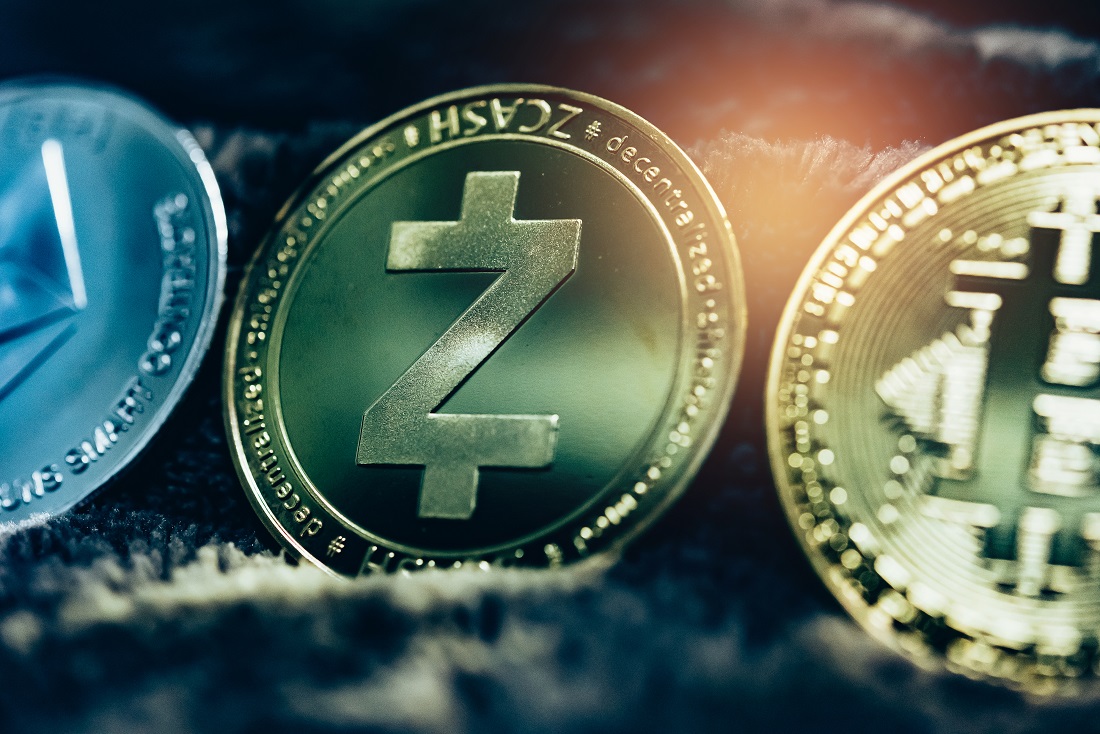2019-4-2 18:33 |
Coinspeaker
Why Becoming a Dapp Developer Has Never Been Easier
Ever since the crypto price boom of late 2017, it’s been a seller’s market for blockchain developers, with demand far exceeding supply. Upwork reported that openings for blockchain developer jobs had grown 6,000% in the first quarter of 2018, compared to the previous period.
Although the price hype has died down over the past year, there are still ongoing efforts to try and encourage more developers to join the burgeoning blockchain space. Big companies such as IBM offer in-house educational programs for blockchain developers.
Cornell, Duke, and MIT all provide academic options for studying blockchain development. However, for any would-be developers wanting to get stuck right in, blockchain platforms also offer opportunities to learn dapp development.
The Consensys Academy provides the option of boot camps or online courses, open to programmers with a minimum of one year’s experience. However, EOS is breaking the mold with its Elemental Battles program. It offers aspiring blockchain developers the opportunity to learn how to build an EOS gaming dapp from scratch, with no prior experience necessary.
Barriers for DevelopersThe barrier to becoming an EOS developer isn’t necessarily just blockchain programming know-how. To launch a dapp on EOS requires that a developer pays up-front for state storage, called RAM, on the EOS blockchain. The price of RAM is subject to supply and demand and can end up making a dapp launch a very costly exercise.
Particularly for a newcomer, the cost of RAM may actually deter developers from building dapps on EOS. After all, Ethereum doesn’t charge dapp developers anything – dapp users pay the transaction costs in the form of gas.
Now, LiquidApps has launched its Dapp Network, which is designed to host a suite of tools to help encourage dapp developers to build on EOS. One of the first use cases of the Dapp Network is vRAM – decentralized state storage that’s compatible with EOS RAM, but available in far higher volumes at a far lower cost.
The Dapp Network is a community-driven network of developers, users, and Dapp Service Providers (DSPs). Any individual or entity can become a DSP providing they meet the criteria for becoming a block producer on EOS. Once they’re accepted into the Dapp Network, they can provide packages of vRAM and other services to dapp developers. The network runs on the DAPP token, which is used by developers to pay DSPs for service packages.
VElemental BattlesIn a move demonstrating that the LiquidApps solution is already breaking down barriers for developers, the company has showcased the use of vRAM in the EOS Elemental Battles new developer program. With vRAM, LiquidApps demonstrated a truly decentralized application.
It can execute smart contracts on the backend while running both the user-facing frontend content and the application database all without a centralized server.
In a blog post covering the demo, titled “vElemental Battles,” LiquidApps explains how InterPlanetary File System (IPFS) can be used by developers to register the frontend of the application. The Dapp Network serves as an on-chain registry, linking into IPFS for delivering the user-facing front-end of the dapp. IPFS is a decentralized data storage solution which distributes files across a peer-to-peer network.
By using vRAM to separate permanent data storage functionality from EOS RAM, EOS RAM goes back to what it was intended to be, which is a lightweight cache layer for storing only dapp data which is currently in use. The vElemental Battles demo shows that with IPFS for hosting a decentralized frontend, and vRAM as a decentralized database, true end-to-end decentralization is achievable.
It becomes far easier and less costly for developers to bring scalable dapps to market.
LiquidApps foresees that merging IPFS with an on-chain dapp registry will open up new possibilities for services packages that a DSP on the Dapp Network could offer to developers. Alongside selling vRAM, DSPs could host frontend pages data or resources by providing an IPFS pinning service, for example.
Therefore, the Dapp Network isn’t just offering a compelling use case for developers, but also the potential for EOS block producers to realize additional revenue streams.
Future PlansLiquidApps will soon launch a second product alongside vRAM, called Zeus. Zeus is a cross-platform software development kit (SDK), a one-stop shop comprising libraries, code samples and documentation for building dapps. This launch further underlines the company’s commitment to making it easier for developers, and especially new developers, to enter the blockchain space.
Furthermore, although the first use cases of the Dapp Network are based on EOS, LiquidApps has deliberately designed the network to be blockchain-agnostic. The DAPP token isn’t based on EOS or any other blockchain dapp platform. Therefore, as blockchain interoperability evolves, the DAPP token could be utilized for cross-chain resources.
Traveling the road to blockchain adoption requires that developers are in the driving seat. Adoption requires a steady stream of developer talent coming through the pipeline, delivering scalable applications that will appeal to the masses. The alternative means that blockchain technology won’t ever achieve its true potential.
Therefore, it’s critical that players in today’s blockchain ecosystem are doing everything they can to encourage new and talented developers to join the space. The efforts of LiquidApps and EOS combined are clearing the rocks from the road to adoption, making significant headway in attracting much-needed developer talent.
Why Becoming a Dapp Developer Has Never Been Easier
origin »Bitcoin price in Telegram @btc_price_every_hour
SpaceCoin (SPACE) íà Currencies.ru
|
|











